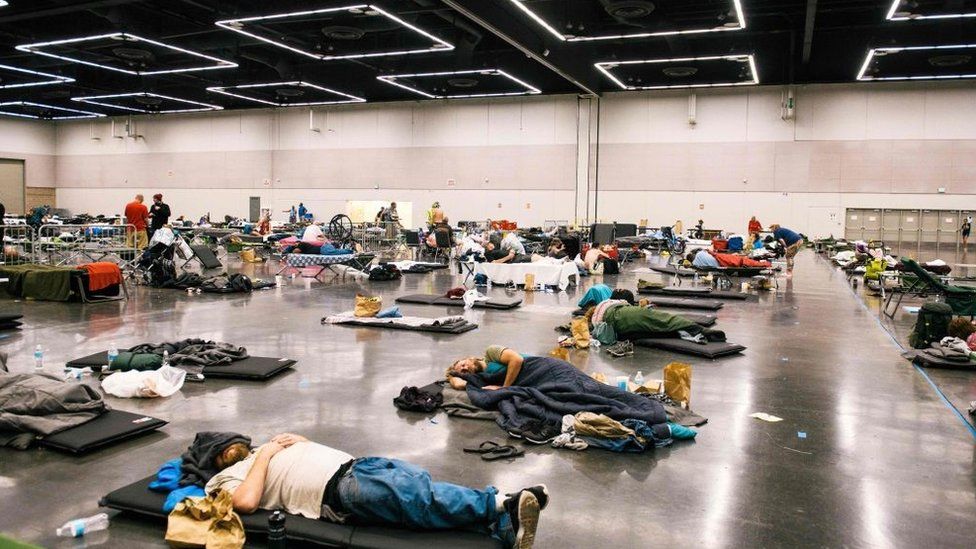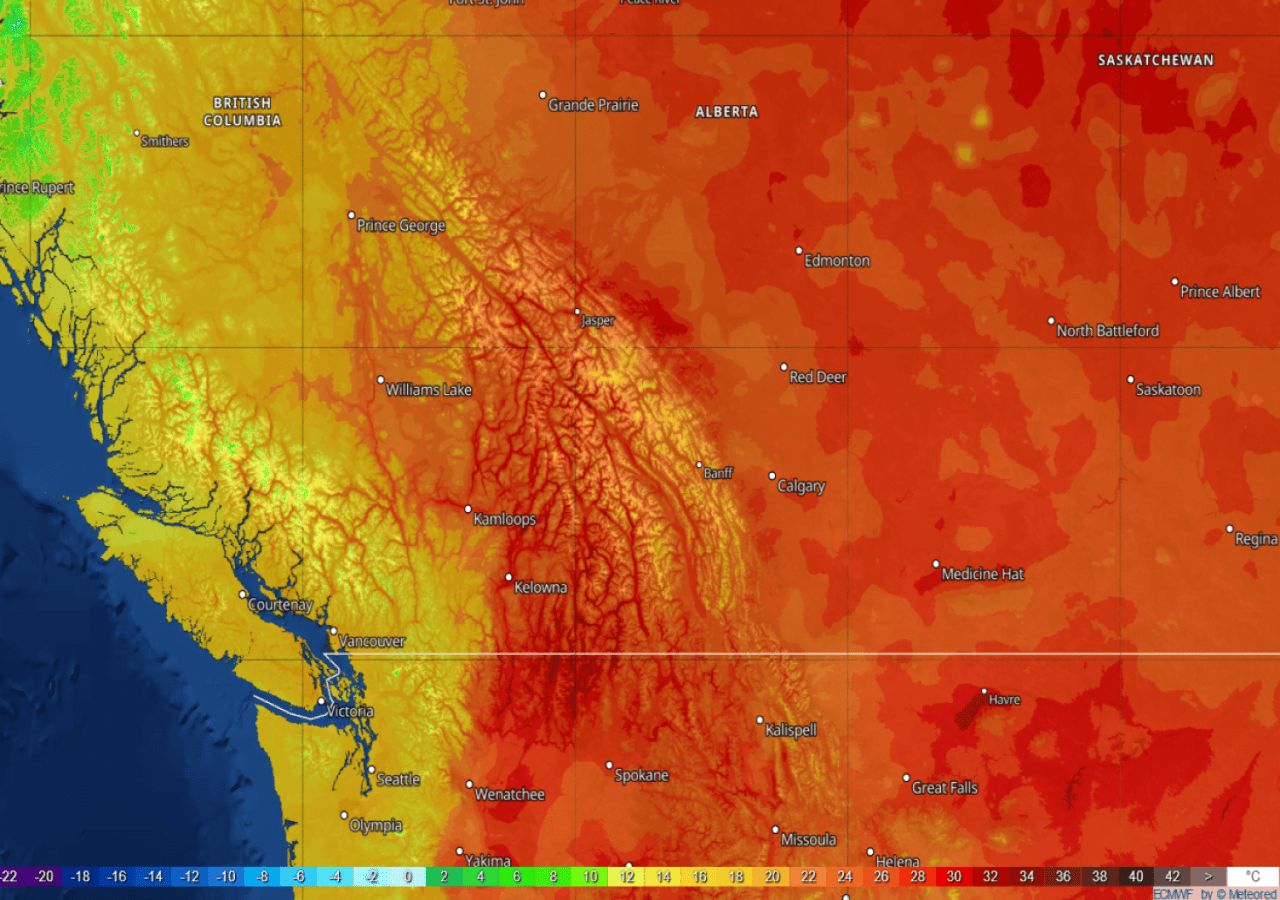As time passes, the deadly heat wave that has inundated western Canada and the northwestern United States in recent weeks begins to ease.
Experts are only now beginning to gather a clearer picture of the disaster.
Unfortunately, the outcome of the heat wave does not bring anything good or comforting. Two predominant factors: a heavy burden of death and a gloomy prospect for the future.
Mass event with victims
The heat wave, which caused hundreds of deaths, is now a “mass casualty event,” according to officials in Oregon, where Portland is located. Typically, this is a qualification reserved for singular horrors with a high death toll such as mass shootings or terrorist acts.

The fact that time linked to the climate change has “deserved” this classification certainly does not bode well for the future.
Heat wave: another, terrible reflection of the “new normal”
Given worsening climate change and continued greenhouse gas emissions, a heatwave like last week's is likely to become an increasingly common occurrence.
The researchers of World Weather Attribution Group published some rather eloquent research on Wednesday. It shows that the probability of an event similar to the one that occurred in the USA and Canada is 150 times higher today than at the beginning of the industrial revolution.
There is no complete budget yet
For now, local experts and officials are still grappling with the aftermath of the shocking extreme weather event that does not yet have an official death toll, Earther notes.
Many of the victims who died in the extreme heat wave lived alone and, tragedy within tragedy, it may take time to find them and confirm the cause of death.
Then the more complicated part: preventing it from happening again. Not easy, given the fact that we have sensationally failed to achieve its goals of containing global temperature rise.


